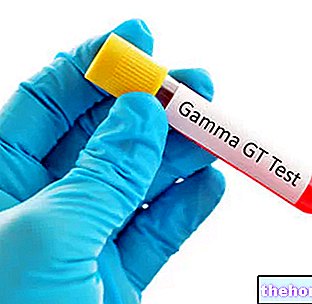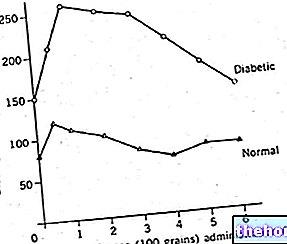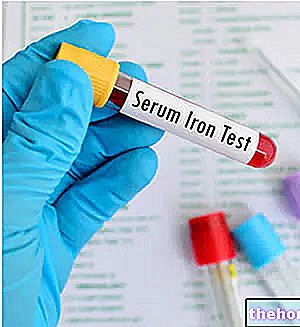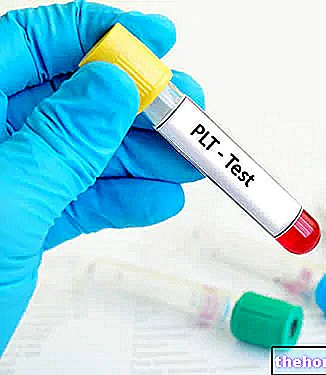Generality
Coagulation protein C is a factor that participates in the formation of clots, limiting their extension. This enzyme is normally present in the blood, but its activity or its quantity can be deficient for various reasons. A deficiency in protein C can result, for example, by congenital factors, hyperconsumption, vitamin K deficiency, estrogen-progestogen intake or high levels of estradiol for induction of ovulation.

What's this
Protein C participates in the coagulation process along with other factors; together with protein S and antithrombin III, it has the task of counteracting the excessive function of coagulation activity, keeping the blood fluid.
Protein C is synthesized by the liver and transformed into an active enzyme under the action of thrombin in the presence of calcium and phospholipids.
Under normal conditions, after damage to tissues or blood vessel walls, blood loss is blocked thanks to "haemostasis. During this process, the platelets adhere to the injured site, so the reaction that leads to" activation of coagulation factors (coagulation cascade). This leads to the formation of a clot that remains until the damage is completely repaired. When it is no longer needed, this sort of "cork" is eliminated.
Protein C cooperates with protein S to form blood clots. In particular, these two elements control clot extension by inactivating specific clotting factors (factor V and VIII); in other words, the function of protein C is to prevent excessive clotting.
If there is not a sufficient amount of C and S proteins, or they do not function adequately, clots can form uncontrollably. These situations can be mild to very severe.
















.jpg)











